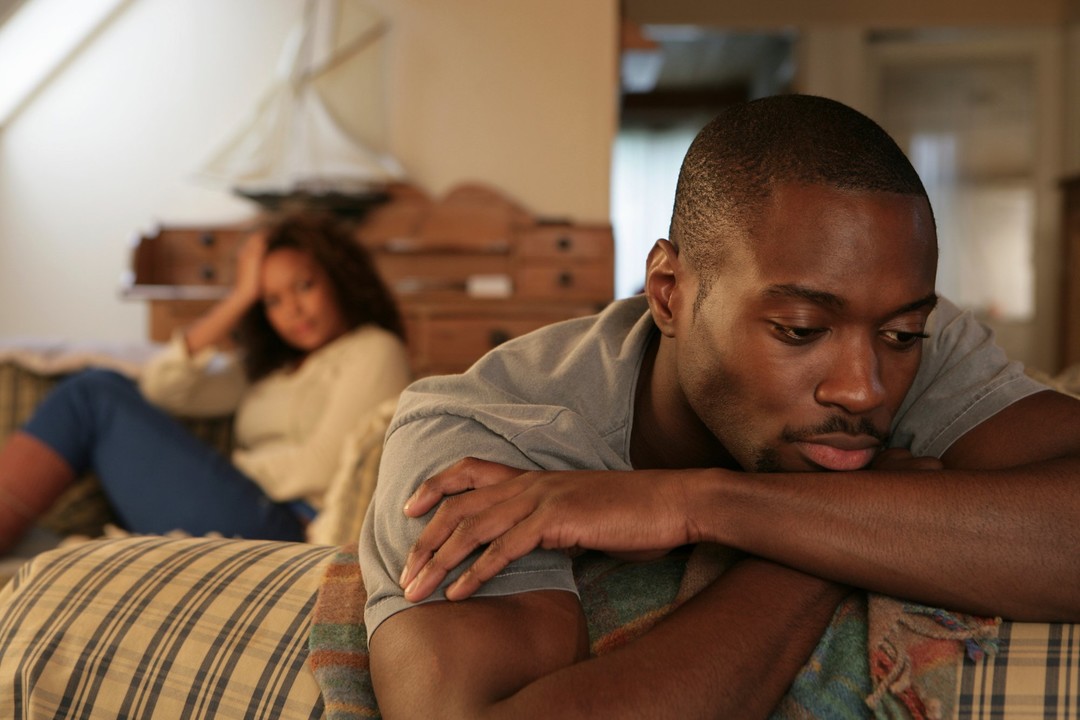For a nation as vibrant and resilient as Nigeria, the weight of unspoken struggles can be heavy. One such struggle, often shrouded in silence and societal expectations, is men’s mental health. We, the men of Nigeria, are raised on a potent cocktail of stoicism and strength.
“Be a man,” they tell us, implying feelings are a weakness, a burden best left unexpressed. This ingrained message, however, has a dark side: it pushes us towards isolation when we need connection the most, particularly when grappling with mental health issues.
The statistics paint a grim picture. According to the World Health Organisation (WHO), suicide is the leading cause of death among young men globally. In Nigeria, the data might be scarce, but the trend is undeniable. This silence surrounding men’s mental health isn’t just a societal construct; it’s a matter of life and death.
Here’s why it’s crucial to break the silence and why suicide is never the answer:
Why We Struggle Differently:
Men often experience mental health issues differently than women. We might internalize our pain, leading to anger, substance abuse, or reckless behavior. Depression, for example, can manifest as fatigue, irritability, and a loss of interest in activities—symptoms often dismissed as “just stress.” This makes it harder for men to recognize they’re struggling and even harder to seek help.
The Societal Stigma:
The traditional image of masculinity discourages men from expressing vulnerability. “Manning up” might seem like the only option, leading to a sense of shame and isolation. This stigma not only prevents men from seeking help but also discourages open conversations about mental health within male circles.
Breaking the Cycle:
The first step is acknowledging there’s a problem. Men are not immune to emotional struggles, and seeking help is not a sign of weakness; it’s a sign of strength. Here are some ways to break the cycle:
- Open Up: Talk to a trusted friend, family member, therapist, or counselor. Sharing your struggles can be a tremendous relief and the first step towards healing.
- Find a Support System: Surround yourself with positive, understanding people who will listen without judgment. This could be a men’s support group, a therapist, or even a close friend.
- Challenge the stigma. Be the change you want to see. Talk openly about mental health with other men and encourage them to seek help if needed. Normalize conversations about emotions and vulnerability.
Remember, You’re Not Alone:
Mental health issues affect millions of men globally, including prominent Nigerians. Football legend Nwankwo Kanu, for example, bravely spoke about his battle with depression, inspiring countless others to seek support. There are resources available to help you:
- The Nigerian Institute of Mental Health: [Nigerian Institute of Mental Health, Federal Ministry of Health, Nigeria] offers professional help and mental health resources.
- The National Suicide Prevention Lifeline: While Nigeria doesn’t have a dedicated hotline yet, the international number for Befrienders Worldwide is +44 (0) 207 107 8000. You can also reach out to a crisis hotline in your area.
- Mental health apps: Several apps like My PTSD Coach and MindShift offer self-help tools and coping strategies.
Taking Care of Yourself:
Mental health is just as important as physical health. Here are some ways to take care of yourself:
- Stay Active: Exercise releases endorphins, which can improve mood and reduce stress.
- Get Enough Sleep: Aim for 7-8 hours of sleep each night.
- Eat Healthy: Nourish your body with nutritious foods that support brain function.
- Practice Relaxation Techniques: Techniques like meditation or deep breathing can help manage stress and anxiety.
- Connect with Others: Social interaction is vital for mental well-being. Spend time with loved ones and engage in activities you enjoy.
Moving Forward:
By breaking the silence and challenging the stigma, we can create a future where men feel comfortable seeking help and know they’re not alone. Let’s redefine masculinity. It’s not about bottling up emotions; it’s about courage, strength, and the willingness to seek support when needed. Remember, there’s hope. Suicide is never the answer. There is help available, and things can get better.
